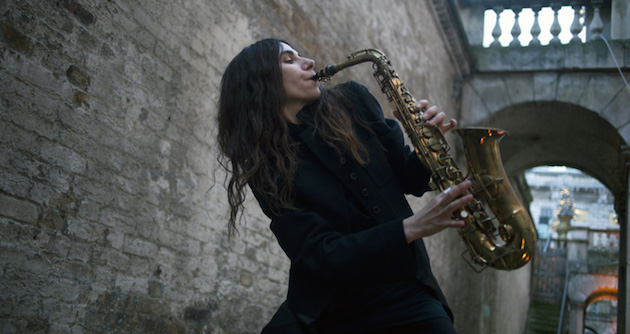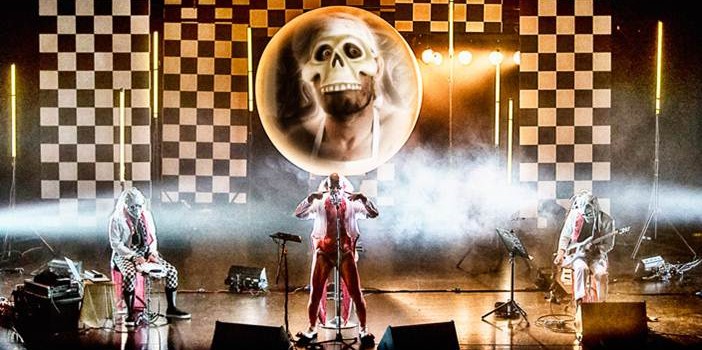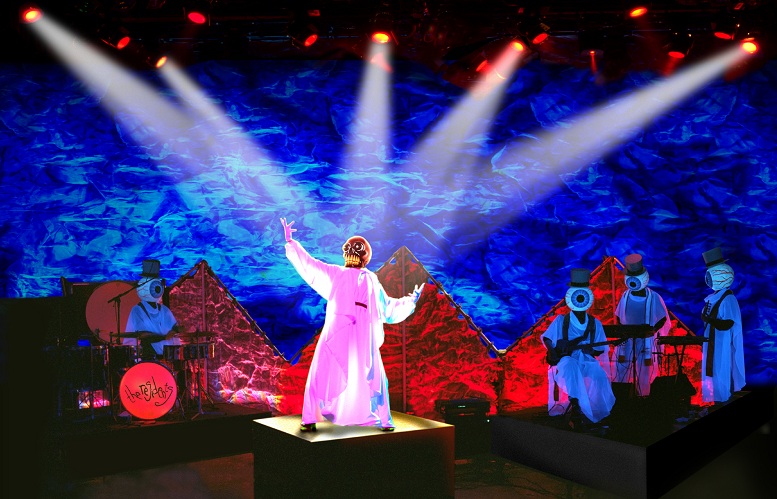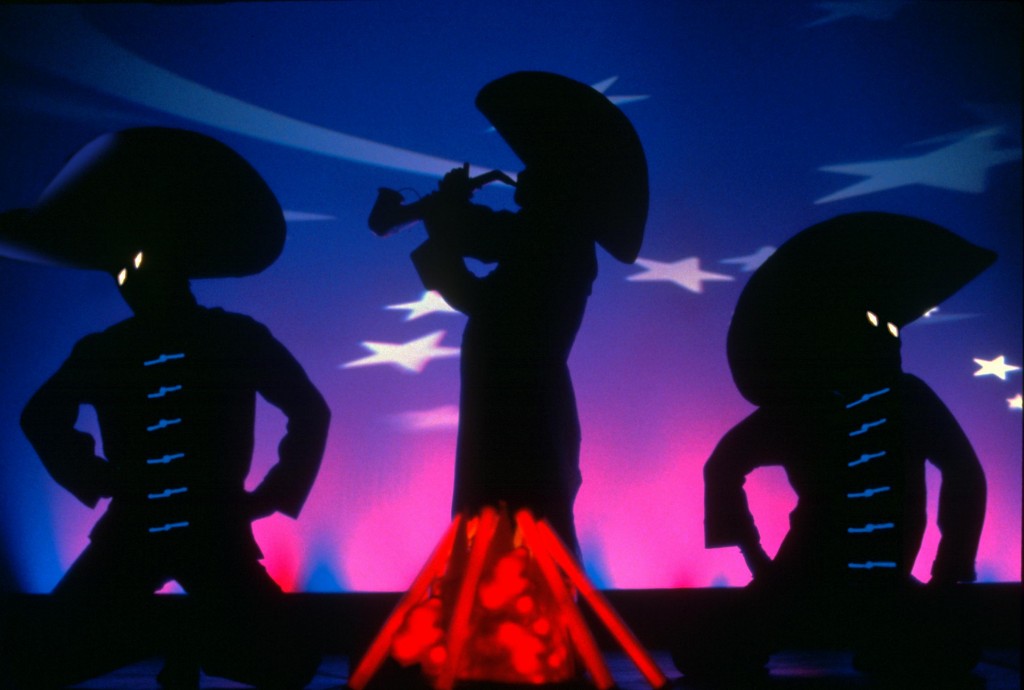PJ Harvey’s The Hope Six Demolition Project at first appears to be the distant and colder cousin of 2011’s anti-war masterpiece Let England Shake. Despite this initial impression, a deeper examination of Harvey’s motivations and approach – along with a comparison of her previous record – reveals more going on under the surface. Continue reading
pop
Echoes and Dust: Interview – The Residents
If my two part treatise on the band wasn’t evidence enough, I quite like The Residents. I’ll be seeing them live for the first time next month, but before then I was privileged to be given the opportunity to interview Homer Flynn of The Cryptic Corporation, manager and spokesperson for The Residents. We talk about some interesting potential projects that are coming up for the band, and Homer answers a few questions on things that have intrigued me over the years.
You can read the interview here: http://echoesanddust.com/2016/01/interview-the-residents/
Meaning in Retrospect: Artificial Trilogies and Bowie’s “Berlin Triptych”
The idea of dividing an artist into periods or eras is a very seductive one – preferring the ‘fusion years’ of Miles Davis over the ‘cool jazz’ of his beginnings, or Frank Zappa’s musique concrete over his more obscenity-riddled pop tunes in his later years. Although this is certainly a legitimate distinction in both examples given above, it is regardless something applied to the artist retrospectively. It’s fairly rare we ever hear the artist talking about their work in such strict, easily distinguished partitions. All the works bleed together; something that arose in one earlier piece of writing or music flourishes in the next and becomes the focus – the creation of a piece of art is far more complex and organic than these simple labels suggest.
Yet what about when these labels are applied by the artist? On the release of 1979’s Lodger, David Bowie announces this album to be the third part of a ‘triptych’ alongside 1977’s Low and “Heroes”. Brian Eno – Bowie’s musical collaborator over all three of these albums – also starts to refer these albums as a trilogy. The Berlin Triptych is born.
Just by calling these albums a collective whole, it definitively changes our experience of them as listeners. A trilogy perhaps even more so. We expect the first part (in this case, Low) to introduce us to ideas that will carry throughout the works, the second part (“Heroes”) to expand and experiment with these ideas, and the third (Lodger) to hark back to the original as well as providing us a sense of closure. A beginning, a middle and an end.
The Residents – Part Two
The second and final installment on my overview of The Residents work. If you’ve not read it yet, check out part one.
Oh…1990s Residents. This is where we see concept overreach musical execution. It’s a shame, as we end up with some of the most interesting ideas being explored over these albums, and the band embracing the new MIDI technology is certainly admirable. They also embraced video gaming in a big way, and over the course of three albums (starting with 1991’s Freak Show and ending with 1996’s Have a Bad Day) created several ambitious multimedia pieces that are hard to separate from their interactive counterpart. The only one that properly approaches a standard game would be Bad Day on the Midway – for which Have a Bad Day is the soundtrack. I’ve played it several times (it’s a timed game so you have to play several times to discover the stories for all the different characters) and thoroughly enjoyed it, but separating the music from the game unfortunately severely impacts it. This is really noticeable for me when I listen to 1994’s The Gingerbread Man, as I’ve not played the game. Given the music involves reinterpretation of the same motif over and over again, it can get a little grating and even boring. I only wonder what it would be like to engage with the entire work.
The Residents – Part One
Samuel Beckett’s play Not I finds the stage immersed in complete darkness apart from a single spot of light covering an actresses’ mouth, which utters a four part monologue. Then the play ends. I am a huge fan of Beckett’s novels (I also love Waiting for Godot – I just haven’t read or seen any of his other plays), but even reading about Not I makes me wonder: would I enjoy this play? I might admire Beckett’s continual honing of his singular, existential idea down to something as small as a light on a woman’s mouth, but am I literally going to enjoy sitting in a theatre, watching a play comprising of just that?





